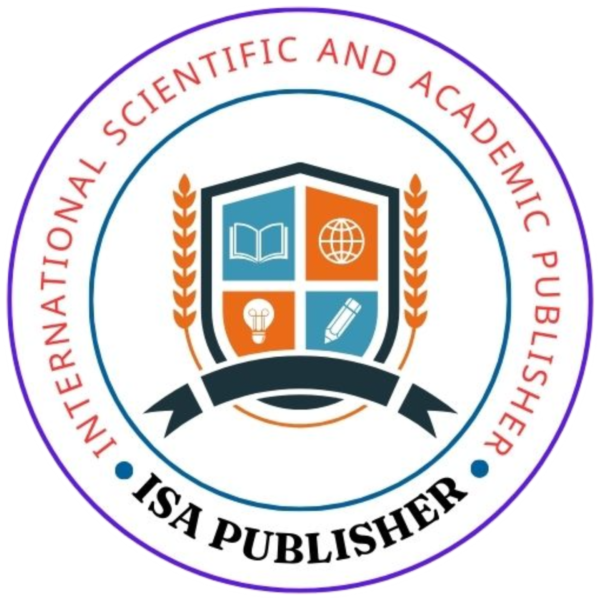Machine Learning-Driven Diagnosis of Polyparasitism in Resource-Limited Settings Using Microscopic Imaging
- Prosper Chidi Nwachukwu1, Godson Chetachi Uzoaru2, Godswill Nwamuruamu2
- DOI: 10.5281/zenodo.17243452
- ISA Journal of Medical Sciences (ISAJMS)
Polyparasitism, the simultaneous infection of a host by multiple parasite species, poses significant diagnostic challenges in tropical and resource-limited settings. Traditional microscopy the current gold standard requires skilled expertise, is time-consuming, and often misses co-infections due to morphological similarities among parasite forms. This paper introduces a machine learning driven framework for automated polyparasitism diagnosis using microscopic images of stool, blood, and urine samples. The system integrates convolutional neural networks (CNNs) and object detection models (e.g., YOLOv5, ResNet-50) for parasite recognition and classification. A hybrid deployment strategy is proposed, enabling both cloud-based and offline mobile execution for rural clinics. Evaluation metrics include sensitivity, specificity, F1-score, and comparison with expert parasitologist diagnoses. Expected results indicate superior detection accuracy, reduced diagnostic time, and scalable deployment on low-cost digital microscopes or smartphones. The proposed framework has potential to improve early detection of polyparasitism, strengthen rural healthcare delivery, and contribute to digital epidemiological surveillance in endemic regions.

